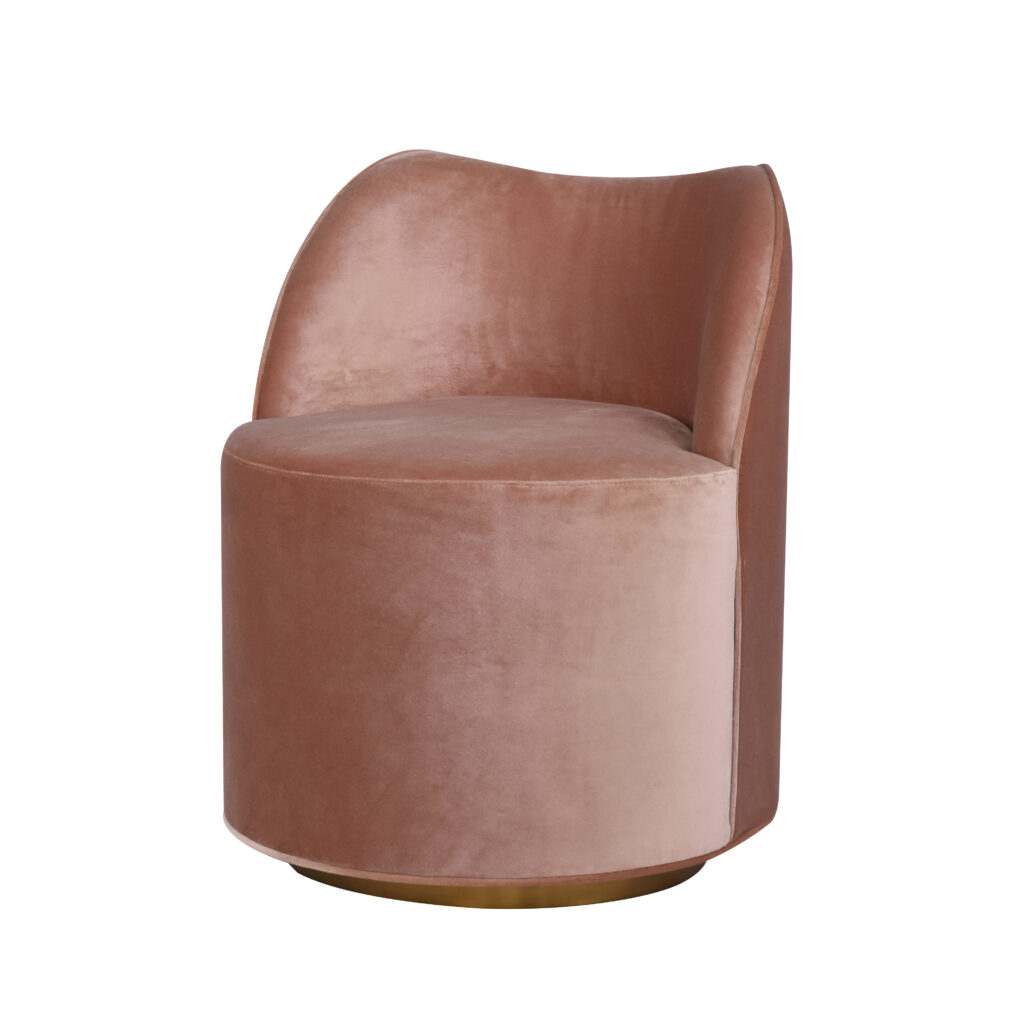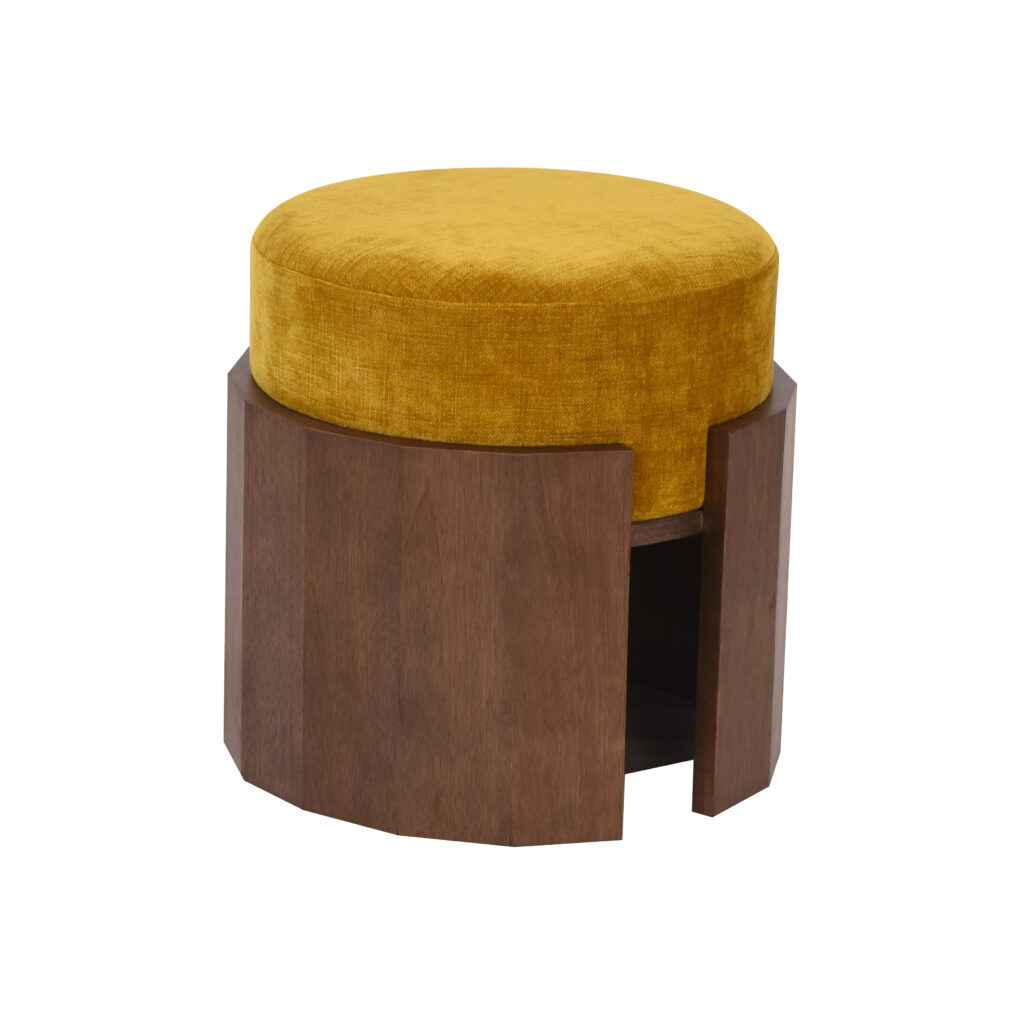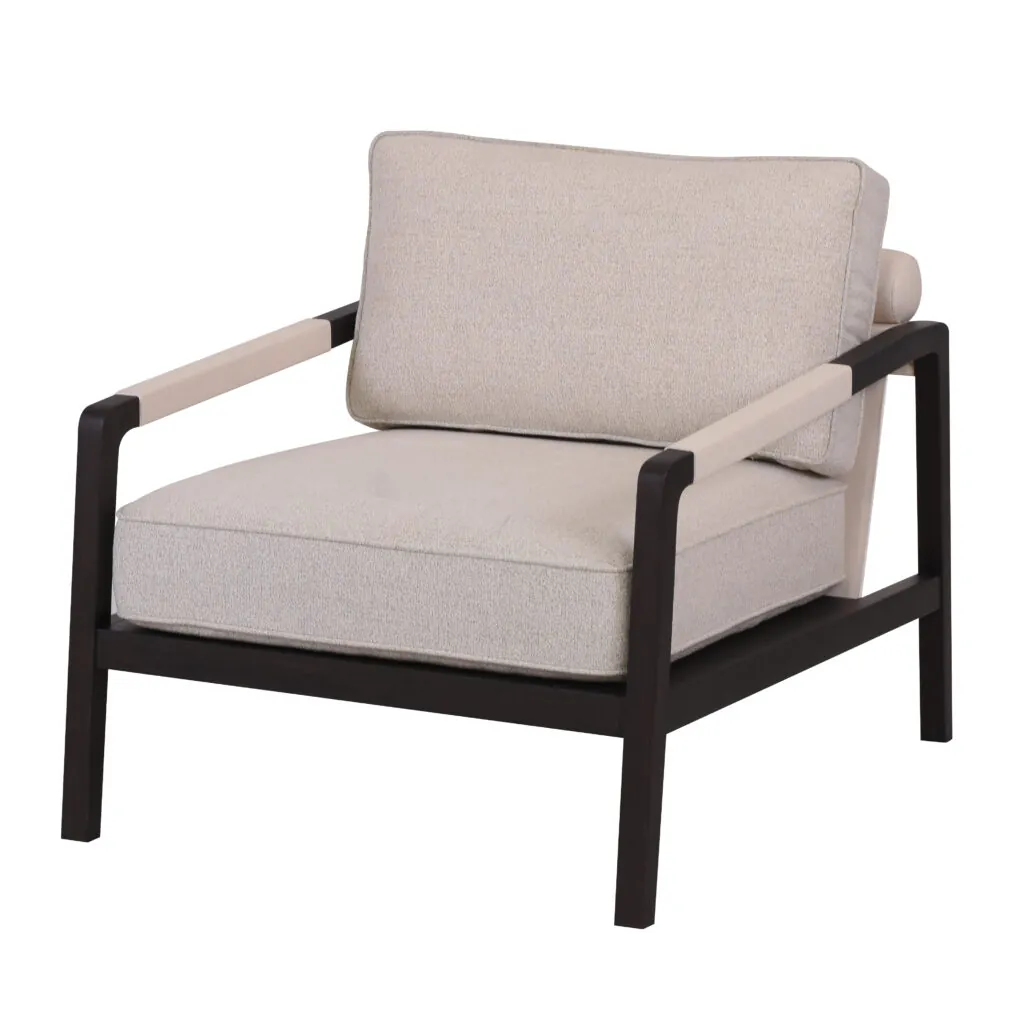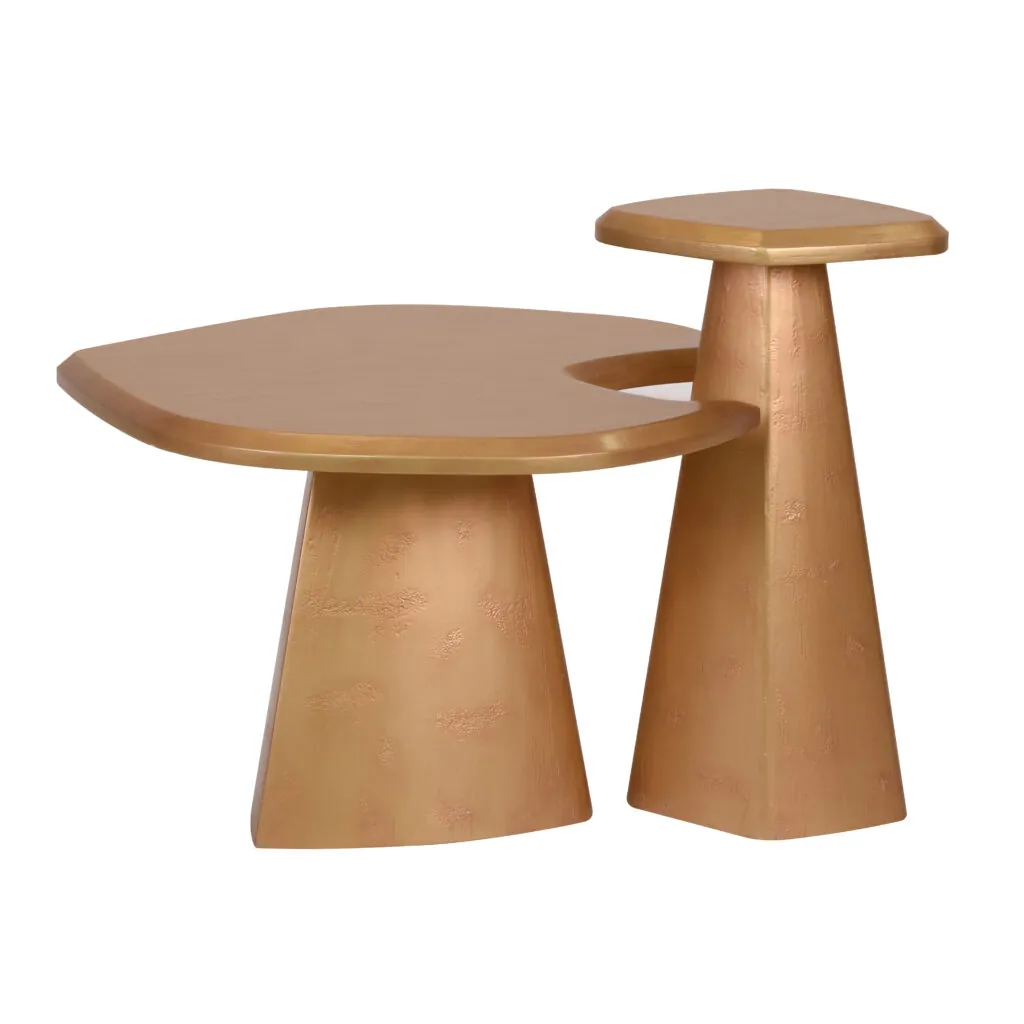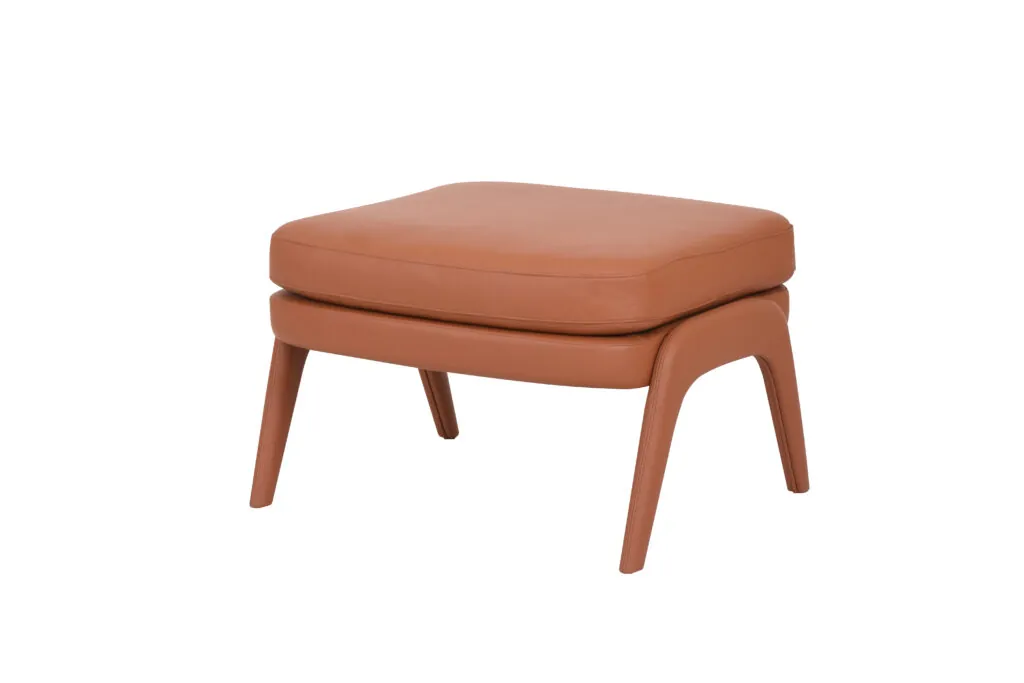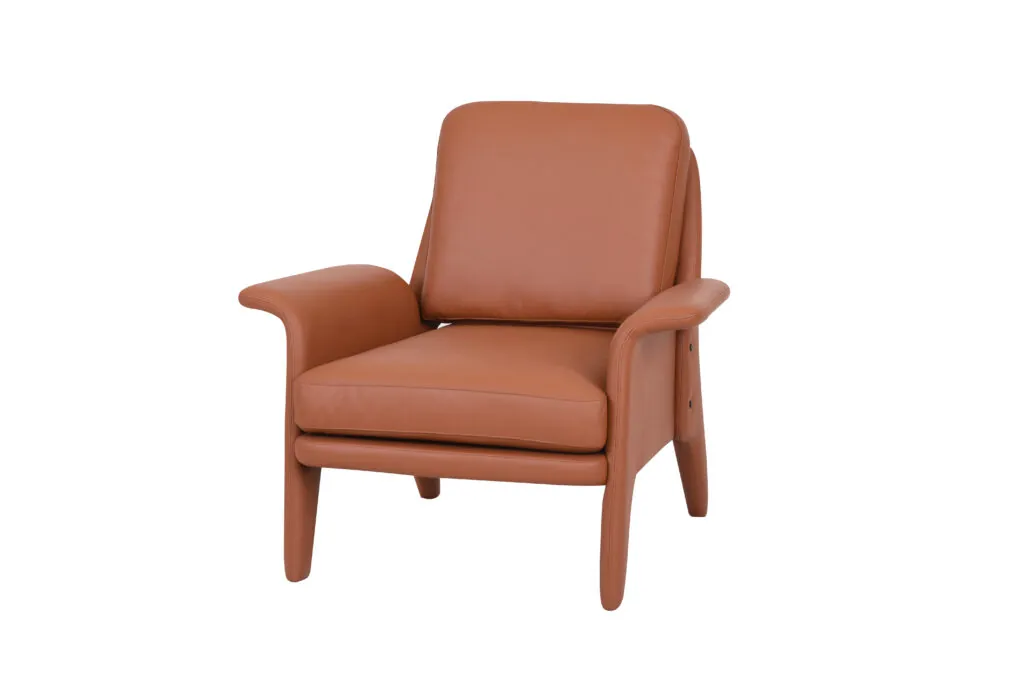A Guide to China’s Top 10 Furniture Manufacturers
China’s role in the global furniture industry is unparalleled. It has evolved far beyond being just a manufacturing hub to become the world’s largest furniture exporter, responsible for a commanding 28.3% of global exports. In 2024 alone, China’s furniture exports hit an impressive $36.6 billion, with the United States being its largest single market.[1] This massive scale creates a distinct “China Advantage” for B2B buyers, built on three foundational pillars that attract international businesses, from retail giants to boutique hotel developers.
This guide is designed to help you navigate the vast market of Chinese furniture manufacturers, providing a clear look at the top players and what makes them unique.
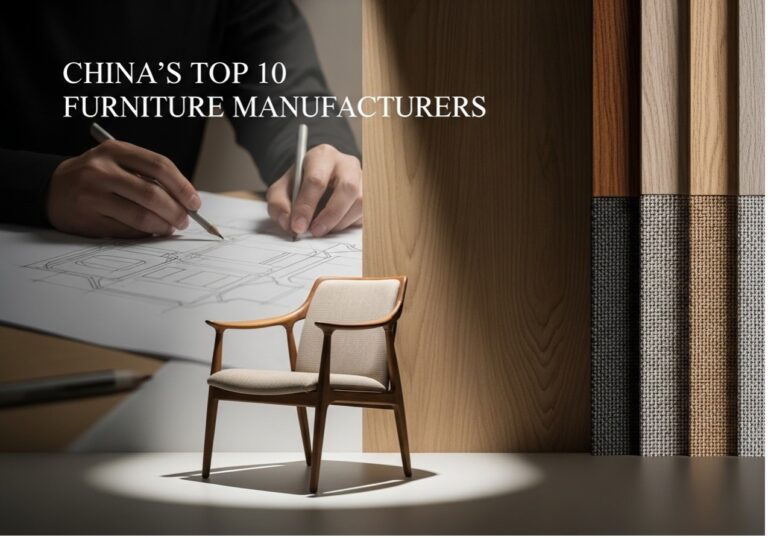
China’s Top 10 Furniture Manufacturers at a Glance
The following list of the top 10 furniture manufacturers in China has been compiled from an analysis of industry reports, focusing on companies with significant annual revenue, global presence, and brand recognition. The list is presented in no particular order, with each manufacturer chosen to represent the diverse strengths of this industrial ecosystem.

Gainwell
Established in 1995, Gainwell has carved out a unique position by focusing exclusively on the hospitality sector. Instead of catering to the mass market, Gainwell operates as a specialized partner for complex hotel projects, offering comprehensive, one-stop FF&E (Furniture, Fixtures, and Equipment) solutions. Their service-based model is designed to de-risk major developments for hotel owners and designers.
This process encompasses everything from creating technical shop drawings based on architectural ideas to prototyping, manufacturing, and coordinating on-site installations. With a portfolio of successful projects in over 85 countries, Gainwell is a top choice for the demanding hotel business, distinguished by project management and significant expertise in contract-grade furniture.

Kuka Home
Kuka Home, founded in 1982, is a global leader in high-quality upholstered furniture. The company specializes in fixed and motion couches, recliners, and upholstered beds, emphasizing ergonomic designs that combine comfort and utility.
Kuka Home’s huge size is supported by approximately 22,000 people, 6,000 brand stores, and production sites in China, Vietnam, and Mexico. With exports to more than 120 countries, it has one of the world’s greatest upholstered furniture production capacity.

Man Wah (CHEERS)
Man Wah Holdings, with its primary brand CHEERS, has established itself as a market leader in motion furniture since 1992. As the world’s largest manufacturer of reclining couches, the firm has over 200 patented designs that frequently incorporate novel technologies such as USB charging and Bluetooth connectivity.
Man Wah exports to over 80 countries and has a market share of more than 30% in China’s functional sofa area, with a strong presence in the United States.

OPPEIN
OPPEIN, founded in 1994, is Asia’s largest cabinetry manufacturer, constantly ranking top in China by turnover. While its key products are bespoke kitchen cabinets, closets, and bathroom vanities, OPPEIN has grown to provide “one-stop” whole-house solutions.
This integrated strategy makes it an important partner for developers working on large-scale projects. OPPEIN serves over 140 countries and has completed over 18,000 projects, including large hotels and apartment towers, using innovative German HOMAG gear to ensure high-precision manufacture.

House of Markor
House of Markor, founded in 1990, is a major manufacturer of high-end solid wood furniture that often incorporates classic American design influences. It is renowned as one of China’s and Asia’s major manufacturers of solid wood furniture.
Markor’s strength is vertical integration, which allows it to oversee the whole supply chain from design to global distribution across six continents while keeping stringent quality control.

Landbond
Landbond, founded in 1984, is a pioneer in Chinese contemporary furniture design. The firm is well-known for its expertise of solid wood and panel furniture, the outcomes that in unique and attractive pieces for the home, office, and hotel.
Landbond, which supplies to over 90 countries, is known for its excellent R&D capabilities and has significant international certifications in environmental management (ISO 14001) and social compliance (BSCI).

Sleemon
Sleemon, founded in 1984, is China’s biggest mattress producer, focusing on delivering exquisite yet inexpensive sleep solutions. Sleemon, a leading inventor in its area, has developed smart mattresses that use AI technology.
By managing its whole supply chain, the company maintains outstanding standards and sells its products to over 70 countries via a strong worldwide network.

Sunon Group
Sunon is a leading commercial furniture manufacturer, focusing in ergonomic and ecological solutions for modern offices. Its competence includes meeting the particular furniture demands of the healthcare and education industries.
Sunon is dedicated to “green innovation,” incorporating eco-friendly and recyclable materials into their products, which are marketed in 128 countries and trusted by approximately 200 Fortune Global 500 organizations.

QuanU Furniture
Since its inception in 1986, QuanU has grown into a large-scale corporation recognized for its commitment to environmentally friendly furnishings. Its major product categories are modern panel and solid wood furniture.
The corporation has made significant investments in a “green industry chain” to assure environmentally friendly procedures from sourcing to logistics. QuanU, which has R&D labs in Milan and China, owns over 2,000 patents and develops over 1,000 new products each year.

Yotrio Group
Yotrio was founded in 1992 and has since established itself as the clear leader in the outdoor furniture market. A significant emphasis on sustainability and eco-conscious design is key to its brand identity, and it is consistent with the tastes of current B2B buyers. Yotrio is regarded as a leading producer in its specific area.
Buyer's Quick Checklist
Sourcing from China offers incredible potential, but success requires a structured approach to vetting potential furniture manufacturers. This checklist provides a framework for B2B buyers.
1. Credentials
The first step is to check the manufacturer’s official documentation, such as their business license, export license, and company registration. This establishes their legal standing and capacity to undertake foreign trade. It is also critical to check their track record by requesting a portfolio and customer references, particularly from purchasers in your nation, since they would be more familiar with your market’s requirements.
2. Factory Audit
A real or virtual factory audit is not negotiable. An audit gives a clear picture of the factory’s size, the quality of its machinery, its organizational structure, and general professionalism. To further grasp their operational capabilities, ask essential questions regarding their minimum order quantity (MOQ), usual manufacturing lead times, and whether any portion of the process is subcontracted.
3. Key Certifications
International certifications are dependable signs of a manufacturer’s commitment to quality, safety, and sustainability. Look for:
- ISO 9001: This demonstrates a robust quality management system for reliable production.
- FSC (Forest Stewardship Council): For wood products, this certification is critical and verifies that the timber is sourced from responsibly managed forests.
- BIFMA (Business and Institutional Furniture Manufacturers Association): This is essential for commercial or hospitality furniture. BIFMA standards involve rigorous testing for safety, durability, and performance under heavy commercial use, separating true contract-grade furniture from residential products.
4. Quality Control
A competent manufacturer will have a well-defined, multi-stage quality control (QC) procedure that runs throughout manufacturing. This process should comprise a pre-production inspection to verify raw materials, a during-production inspection (DPI) to identify problems early on, and a pre-shipment inspection (PSI) to ensure final items are defect-free and order-complete. The quality of the packing should also be evaluated to verify that it can endure international transportation.
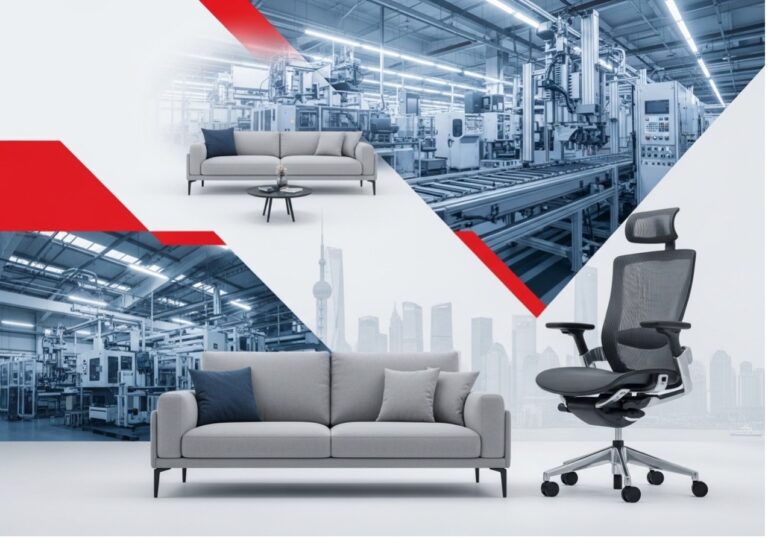
Conclusion
China’s furniture manufacturers are diverse and specialized, with consumer-facing giants excelling at mass manufacturing and niche experts dominating certain categories. This variability implies that the “best” manufacturer is not a one-size-fits-all label; the perfect partner is fully dependent on the project’s individual requirements.
For large-scale, proficient hotel developments, the best option is a devoted specialist rather than a mass-market monster. True hospitality furniture manufacturers distinguish themselves not only by their products, but also by the comprehensive, service-based project management they offer. They understand the contract furniture industry’s special requirements, such as increased durability, strict fire safety regulations, and the necessity for brand continuity across bespoke designs. A partner like Gainwell reduces risk by overseeing the whole FF&E process, from technical drawings to on-site installation, assuring flawless execution. For any developer, designer, or procurement manager, collaborating with an expert is critical to turning a complicated concept into a successful reality.
Reference
[1] https://oec.world/en/profile/bilateral-product/other-furniture/reporter/chn
Disclaimer: All logos and trademarks used in this article are owned by their respective companies and are used only for brand identification and introduction. They do not represent any cooperative relationship between this website and the relevant companies.


